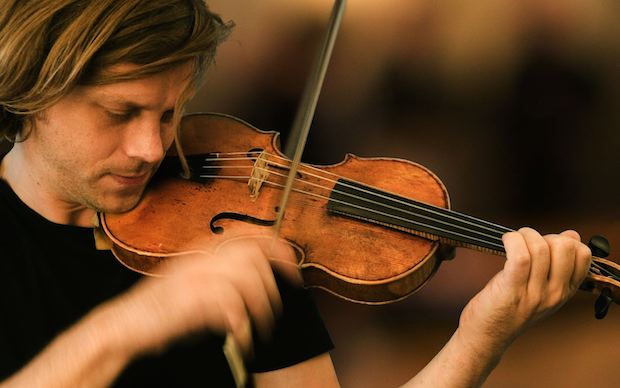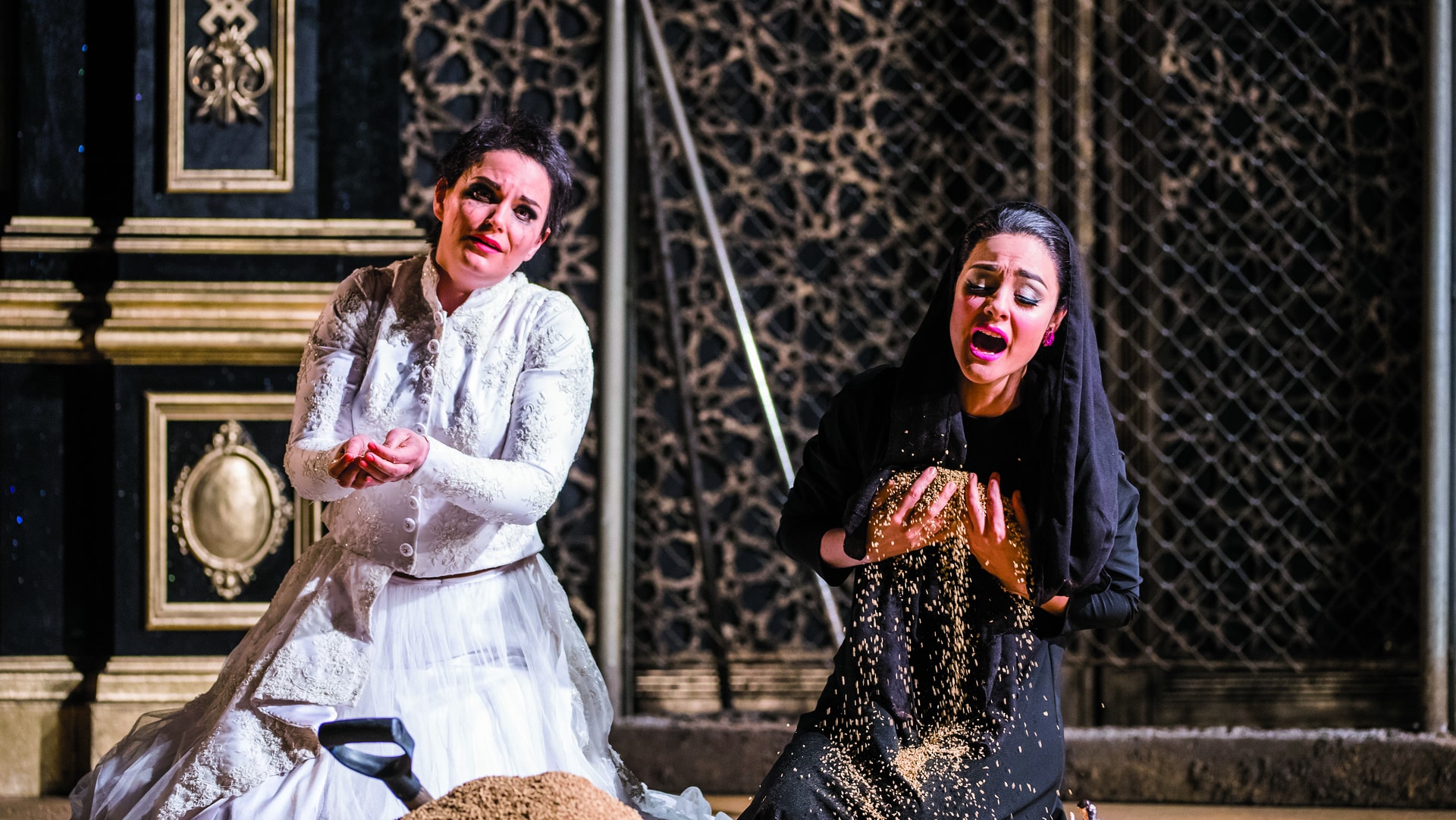Pop music has Glastonbury, rock has Reading and Leeds, world music has Womad and opera has Glyndebourne. The biggest summer opera festival in the country began last weekend in its Sussex stately home, and many a champagne cork will already have been popped on its lawn. If images of dinner jackets, ball gowns and smoked salmon canapés spring to mind, you wouldn’t be far wrong – but these are a mere sideshow. Glyndebourne is about opera, and the best opera at that.
This year’s programme may only boast one of the truly huge hits of the genre – Verdi’s La Traviata – but it is all the richer for it. This is not to say that the other operas on the festival bill are obscurities, far from it – Strauss’ Ariadne auf Naxos, which opens on June 25, is an opera house staple, and Donizetti’s Don Pasquale and Mozart’s La clemenza di Tito are pretty well known too. The other two works on offer, though, are particularly intriguing because of their rarity. Glyndebourne’s curtain rose this year with the UK première of 17th-century Venetian composer Francesco Cavalli’s Hipermestra; and Brett Dean’s Hamlet, whose opening on June 11 will be a world première, was specially commissioned by the festival.
It’s not the particular pieces that make Glyndebourne so special, though, but the people performing them. Hamlet is a case in point: Allan Clayton sings the eponymous hero, Sarah Connolly his unfaithful mother, Sir John Tomlinson his deceased father, and the sensational Barbara Hannigan the tragic heroine. Vladimir Jurowski conducts the London Philharmonic Orchestra for what promises to be an extraordinary opening run of this new work.
If images of dinner jackets, ball gowns and smoked salmon canapés spring to mind, you wouldn’t be far wrong – but these are a mere sideshow.
If the plot of Hamlet – based, of course, on Shakespeare’s tragedy – will be familiar to most of us, that of Hipermestra is probably not. Based on Greek mythology, it’s got a pretty full complement of operatic themes: love, betrayal, murder, war, incest… ideal material for Cavalli’s fluidly dramatic musical style. William Christie, one of the finest Baroque conductors of our time, directs the Orchestra of the Age of Enlightenment in this early operatic extravaganza, which runs until July 8.

Equally as eclectic as Glyndebourne but in a very different way, Bjarte Eike’s Barokksolistene is a group dedicated to breaking down barriers, whether between classical and folk styles or between performers and audiences. Their immensely fun Alehouse Sessions explore the musical culture of 17th-century English musick-houses (AKA pubs!) in which Baroque music rubbed up against folk tunes, washed down with plenty of beer. Eike and his merry band expertly curate these concerts, which feature both serious musicianship and genuine humour – something of a rarity in the classical music world. Catch these riotous, irreverent but musically spectacular sessions in Salisbury on June 10 and Shepherd’s Bush on June 12.









